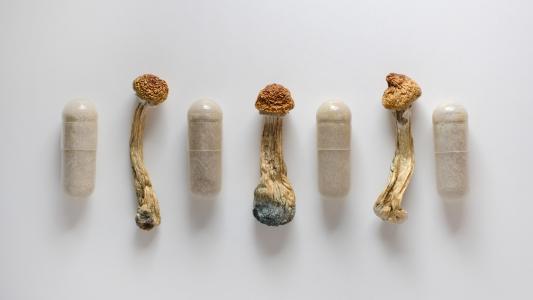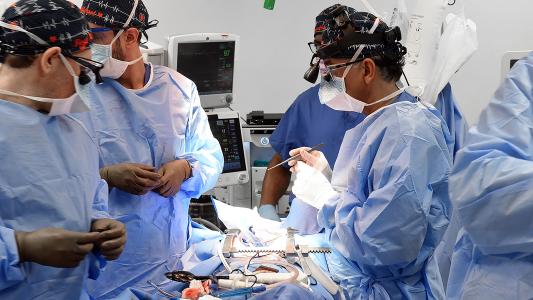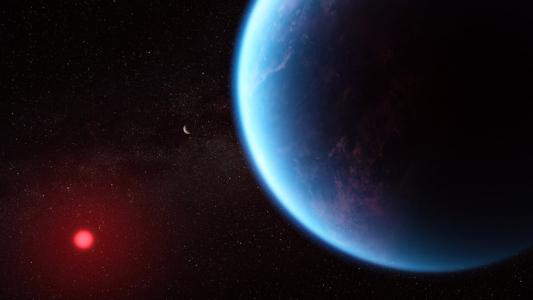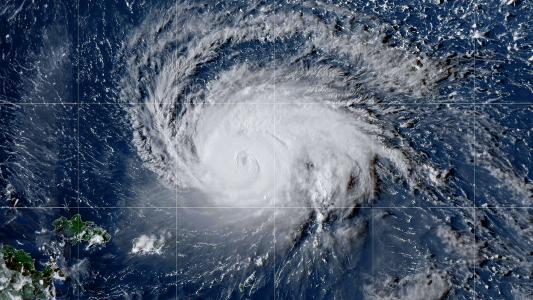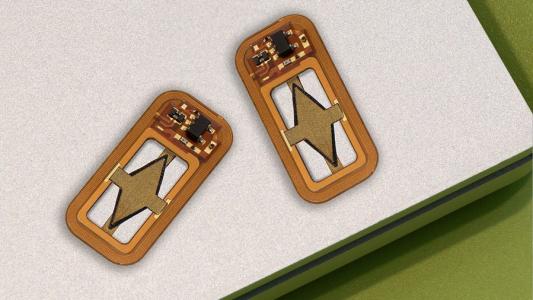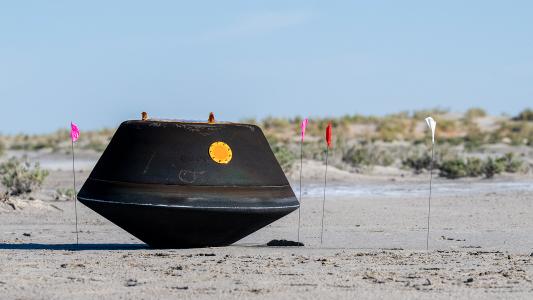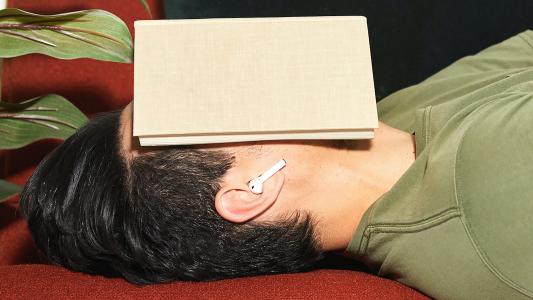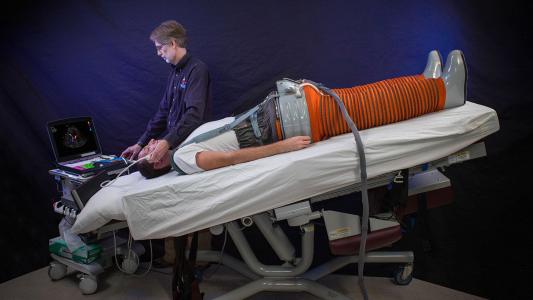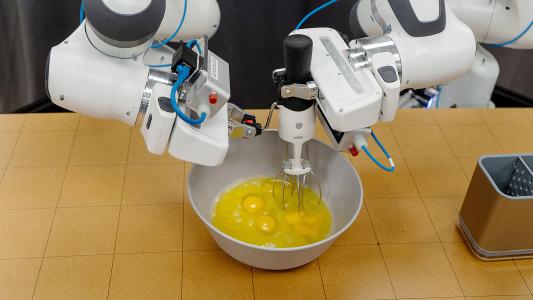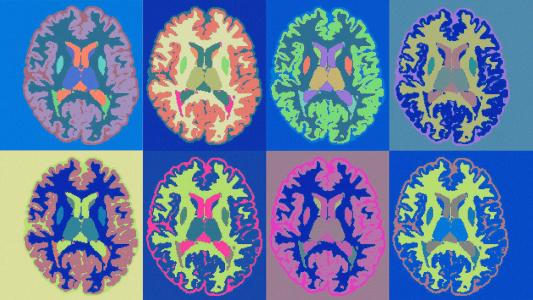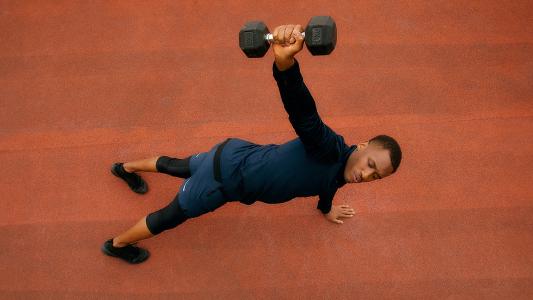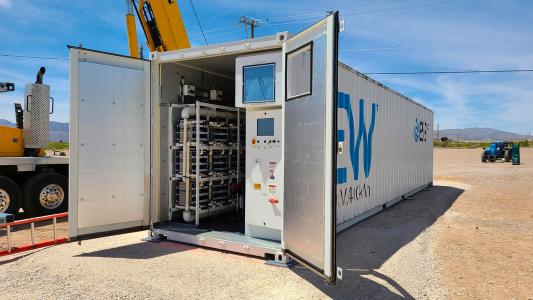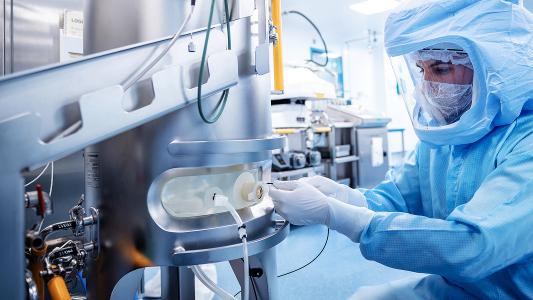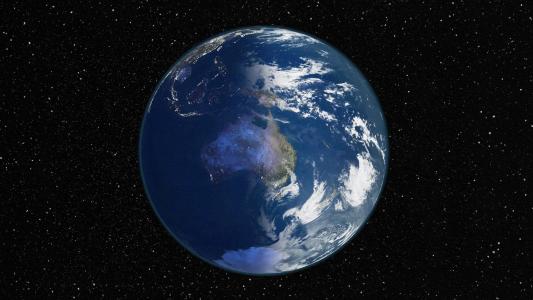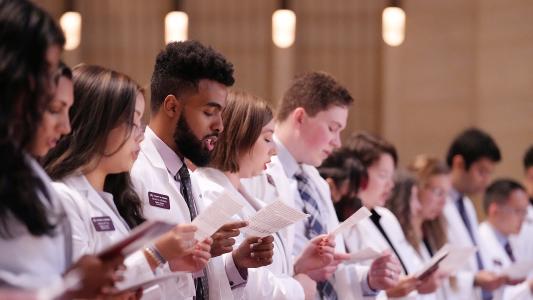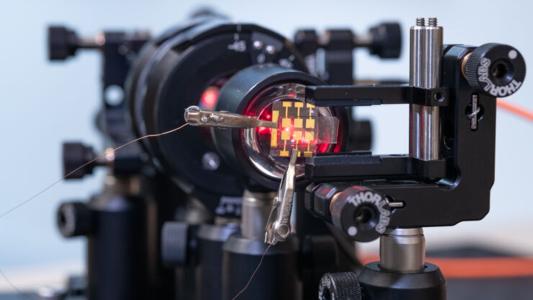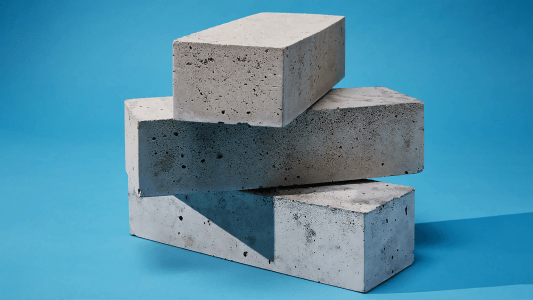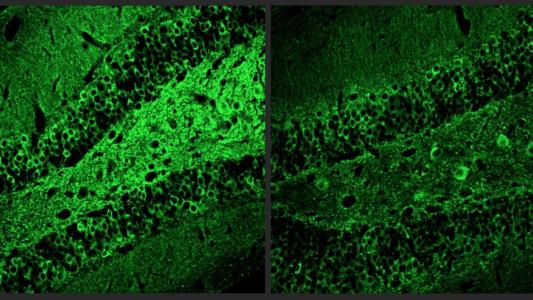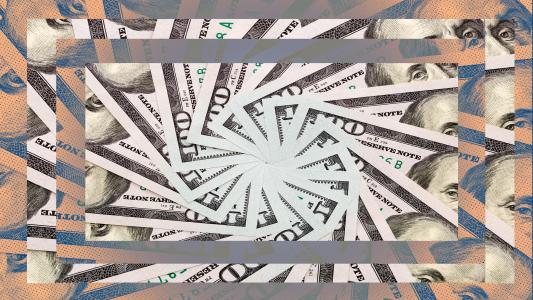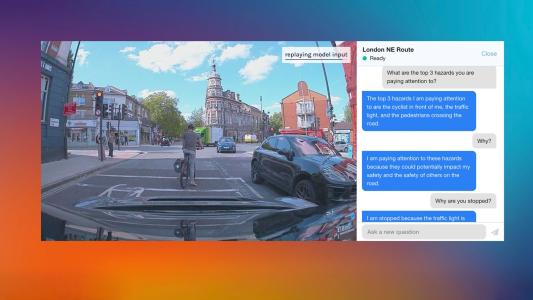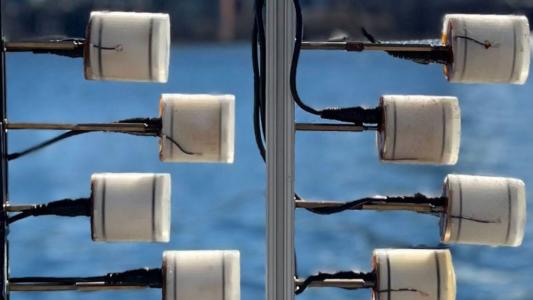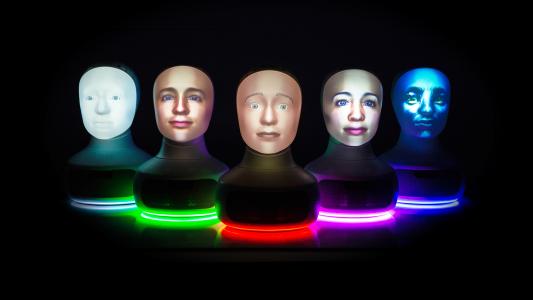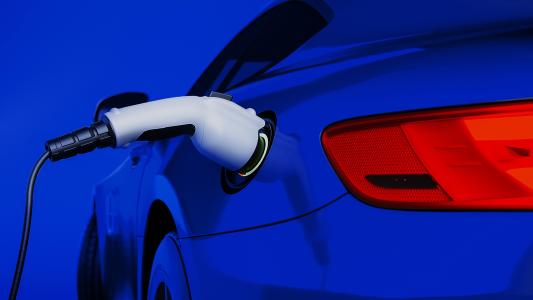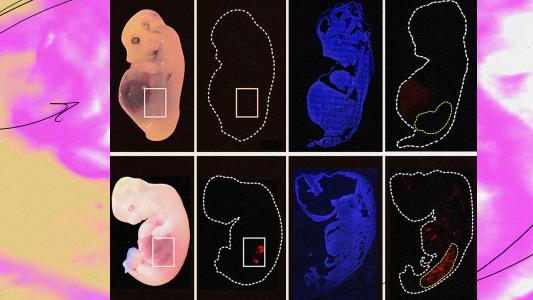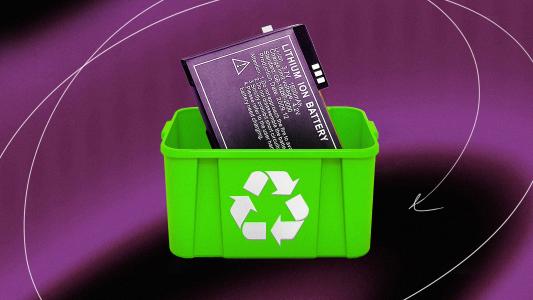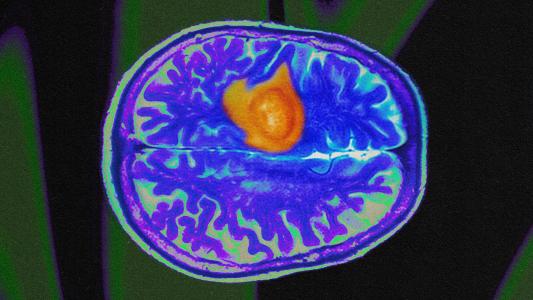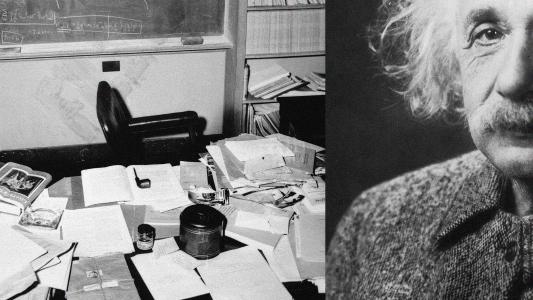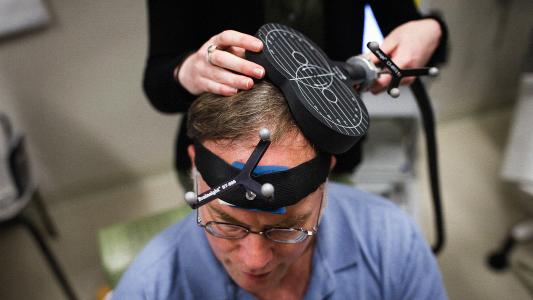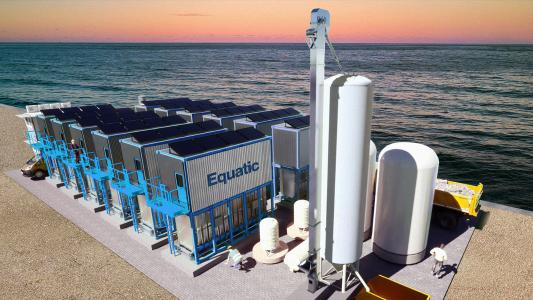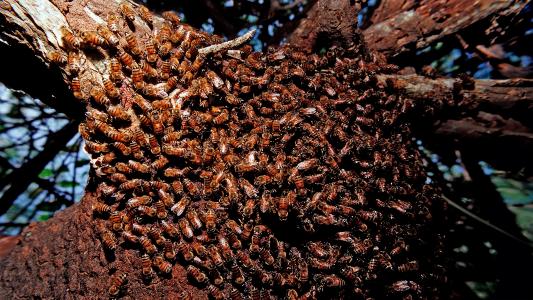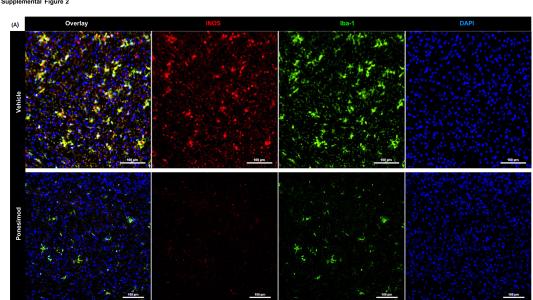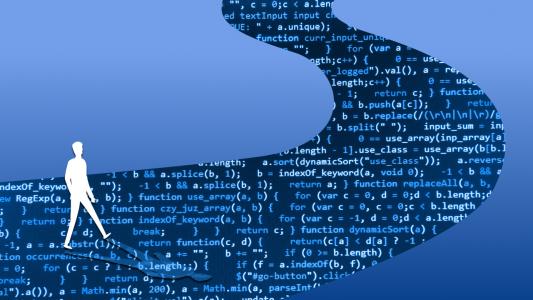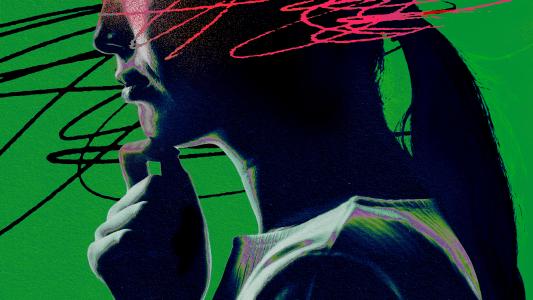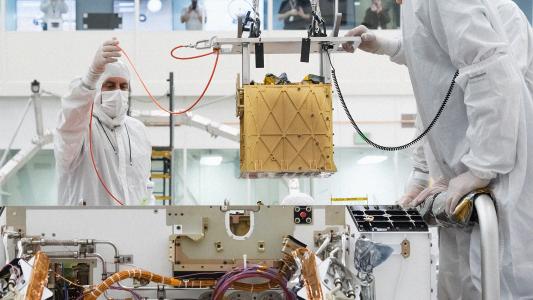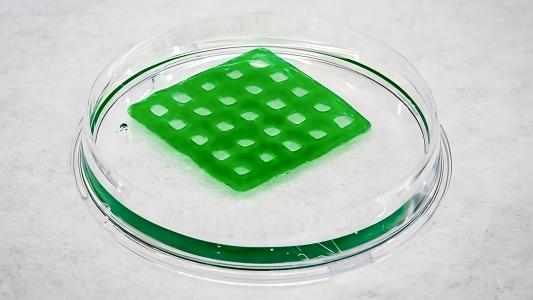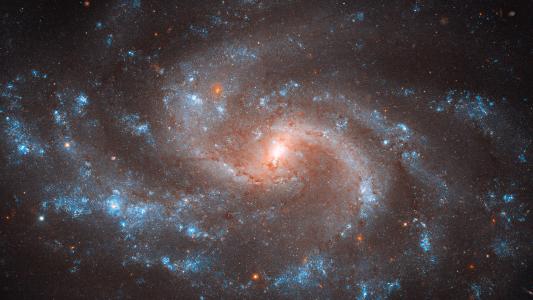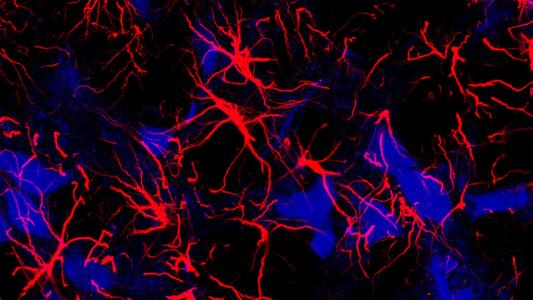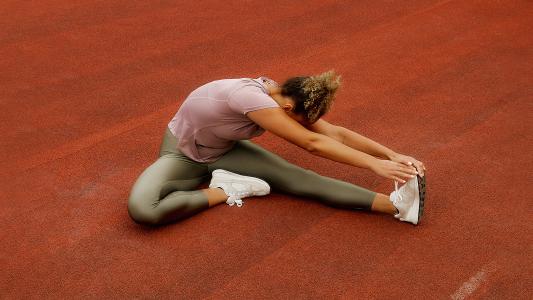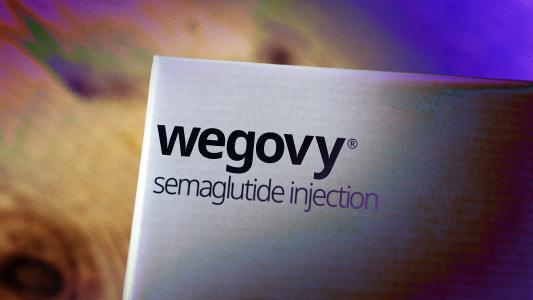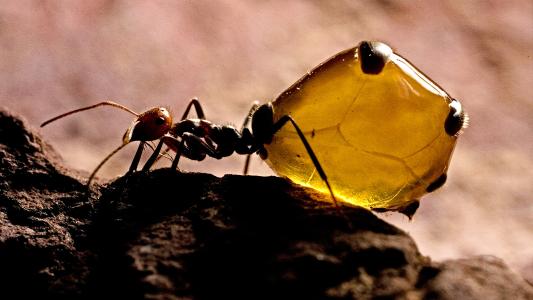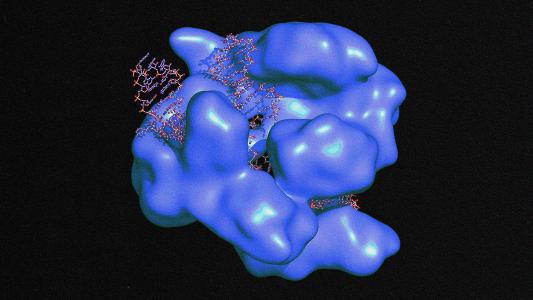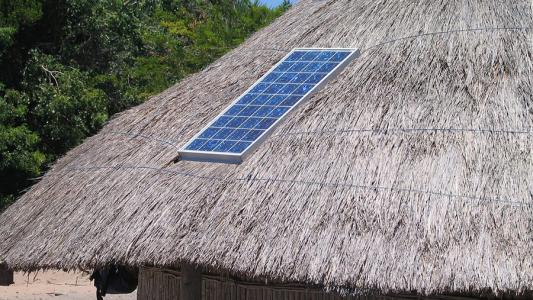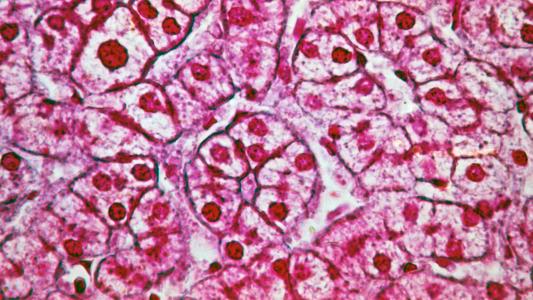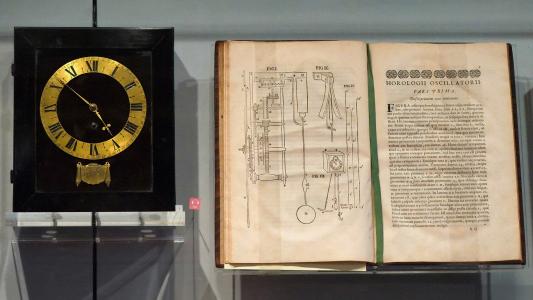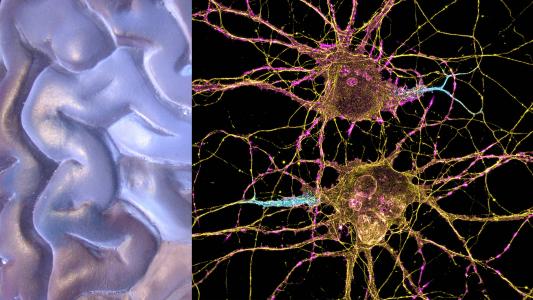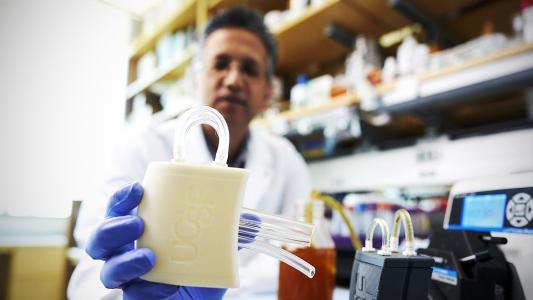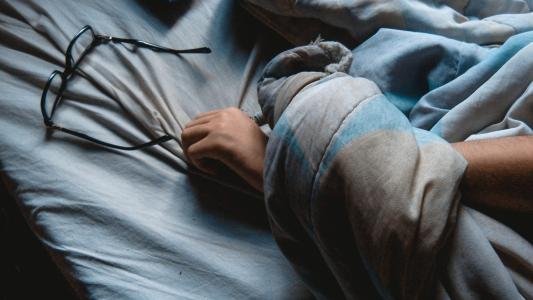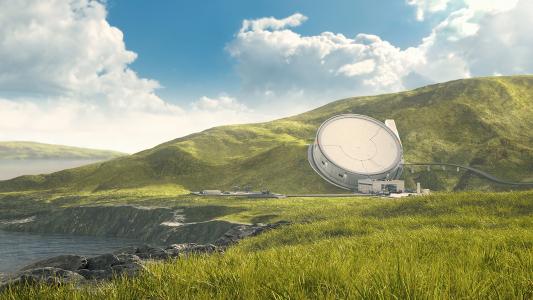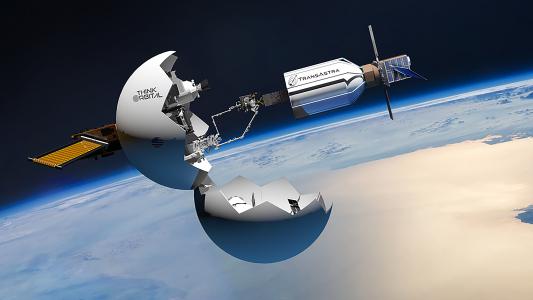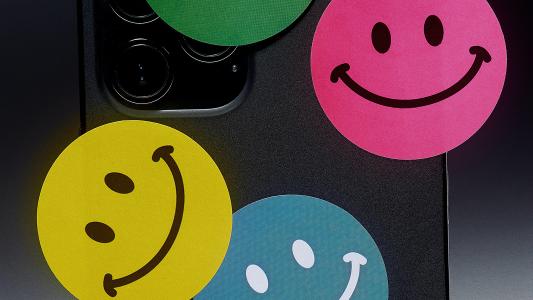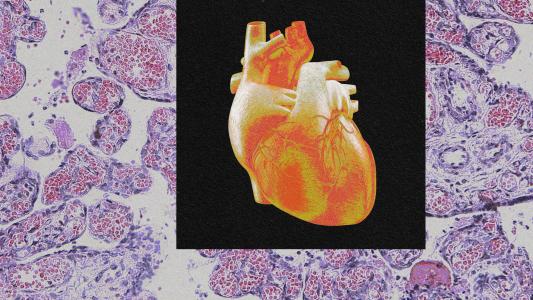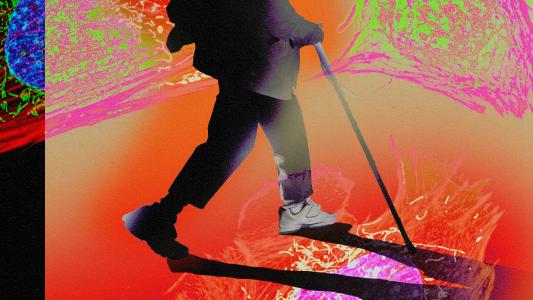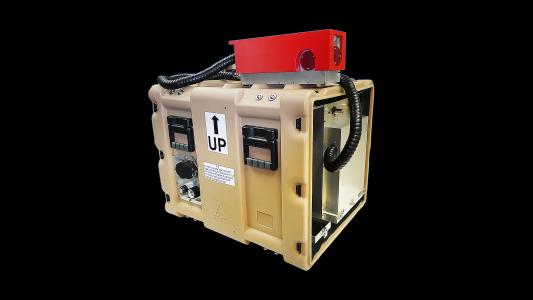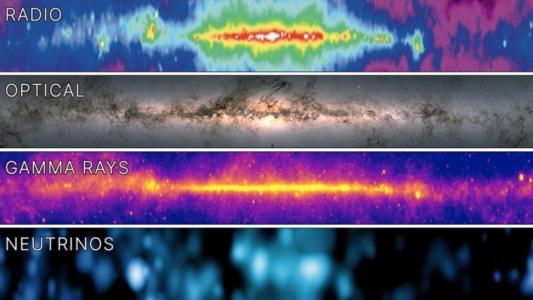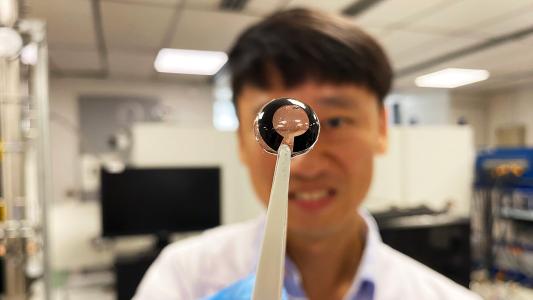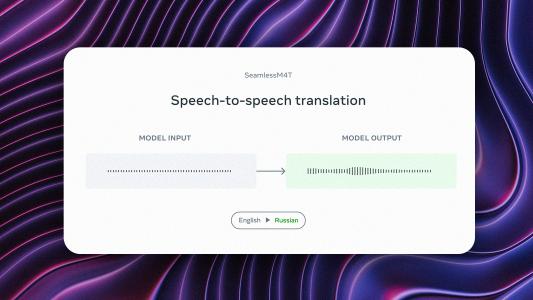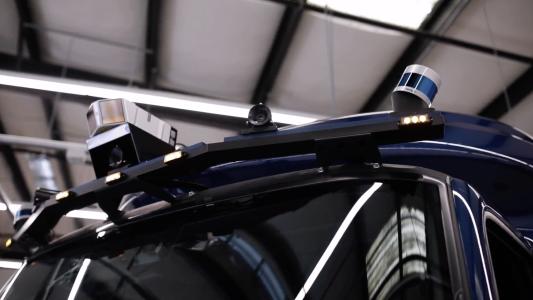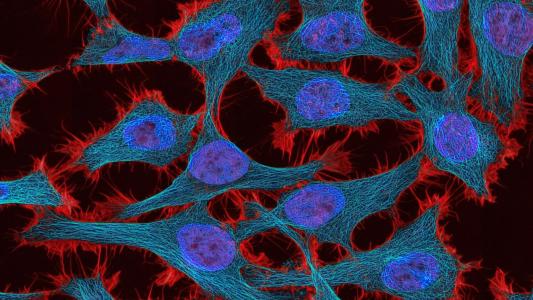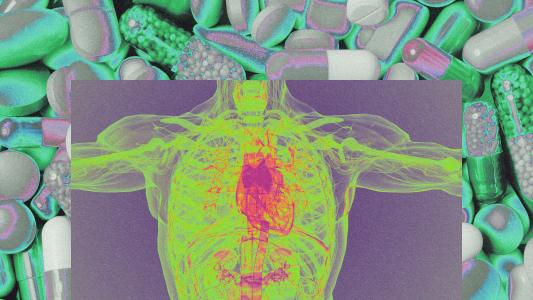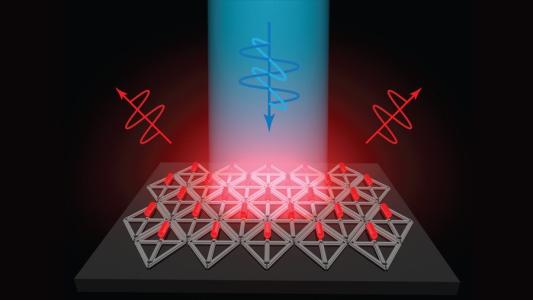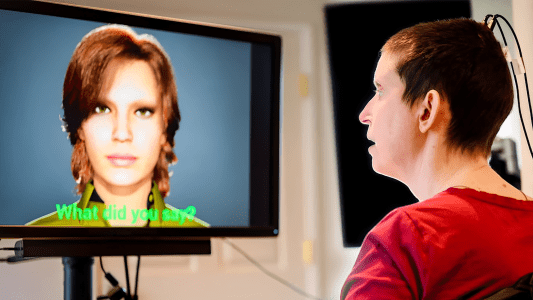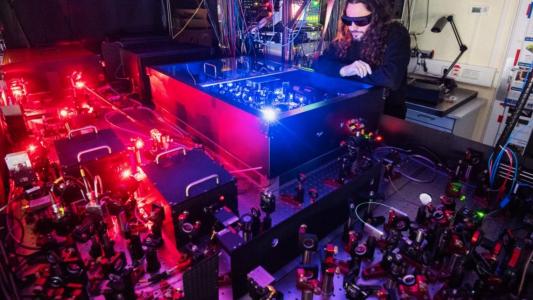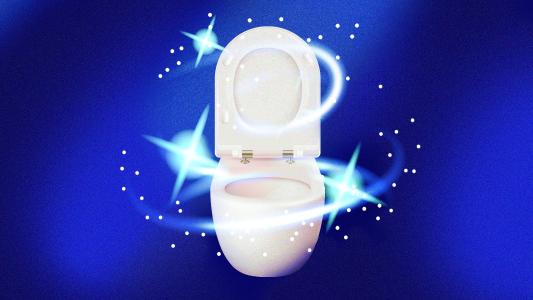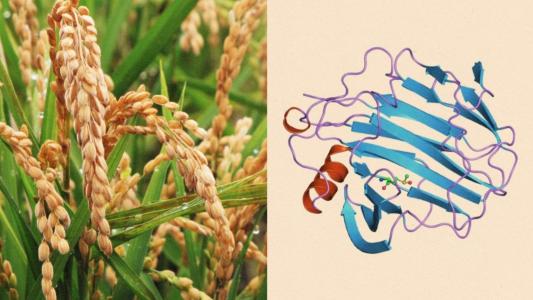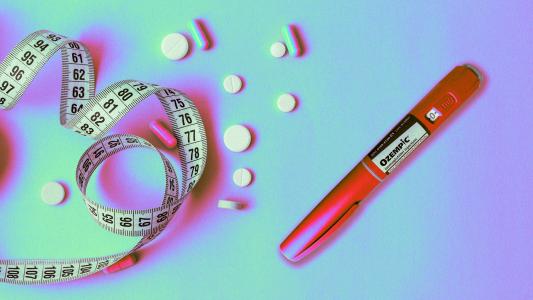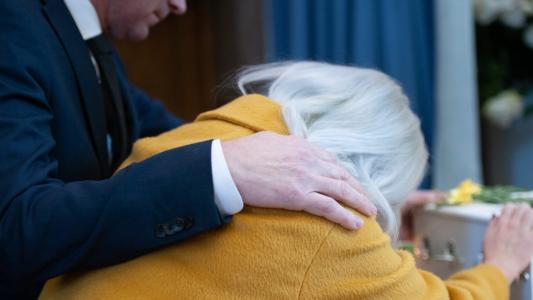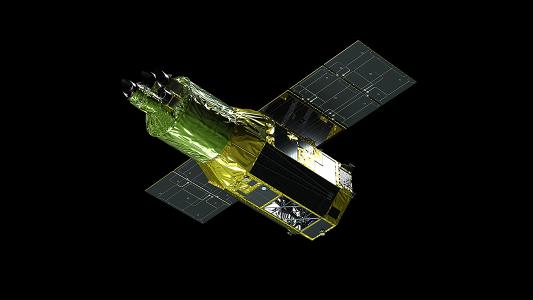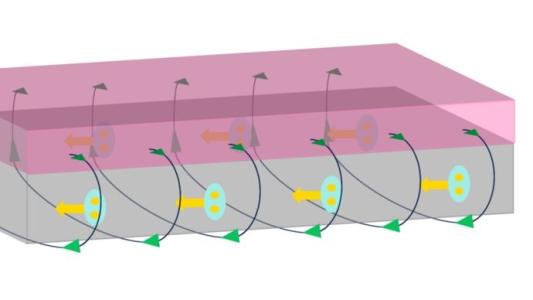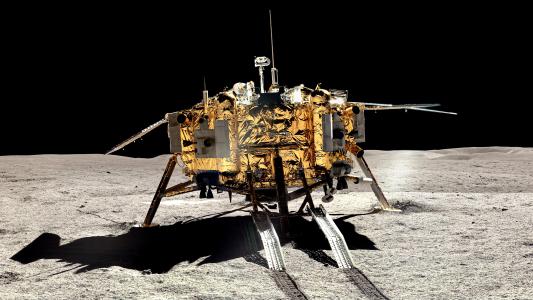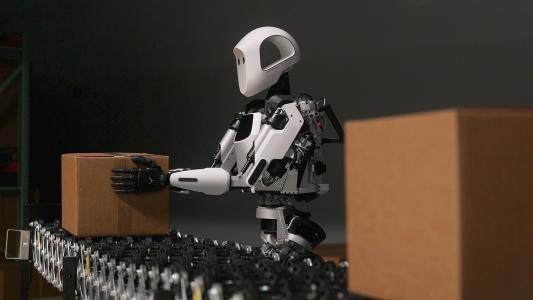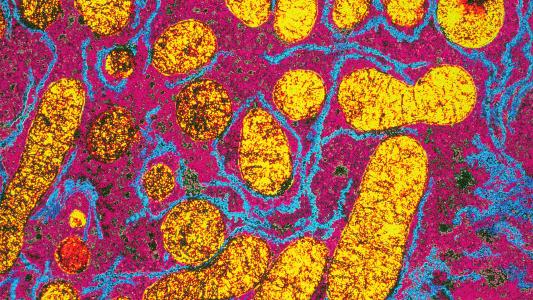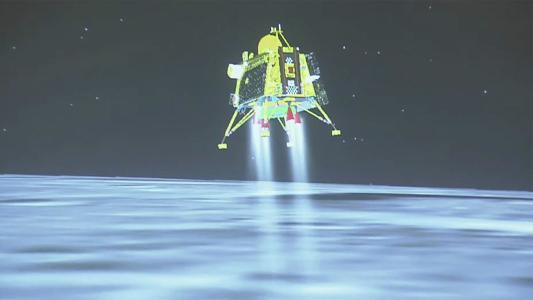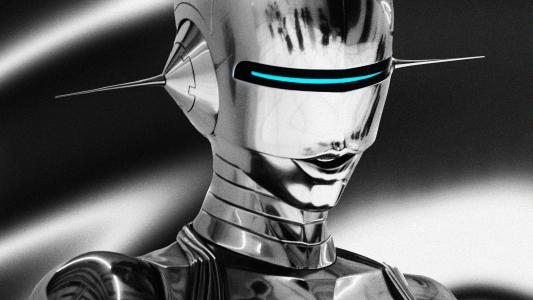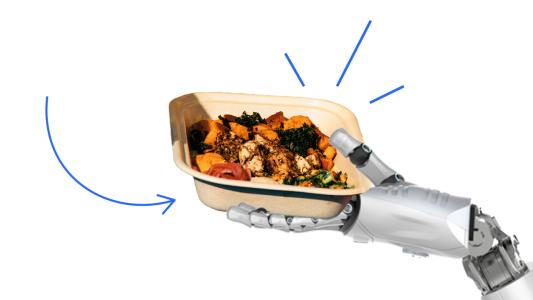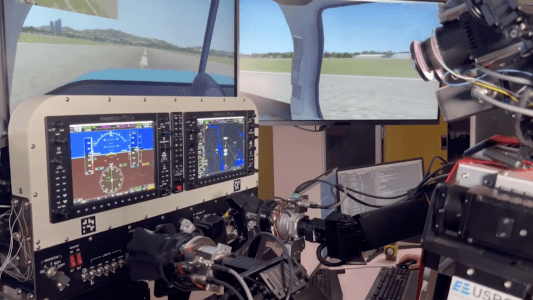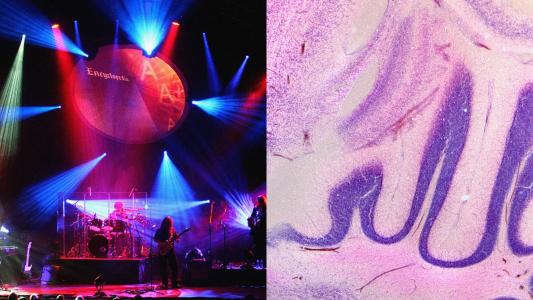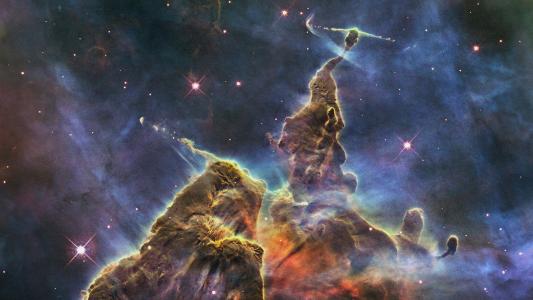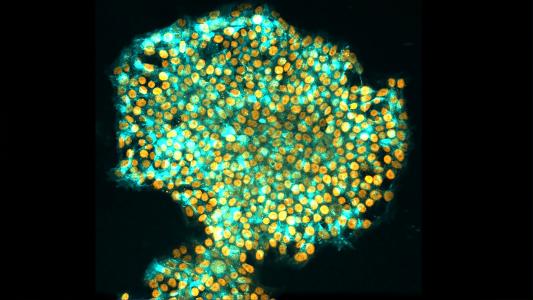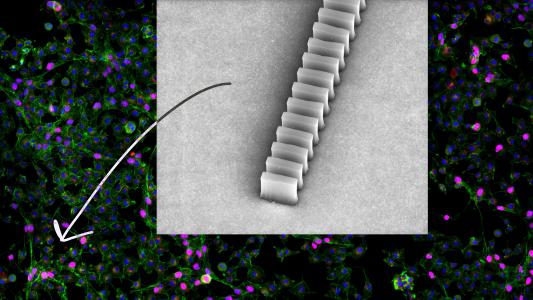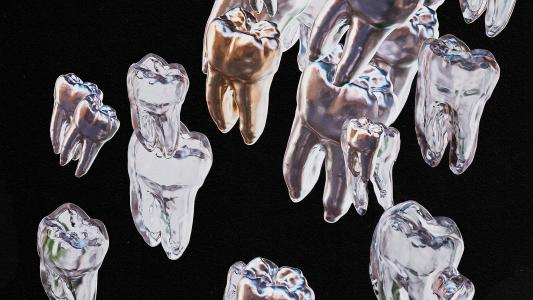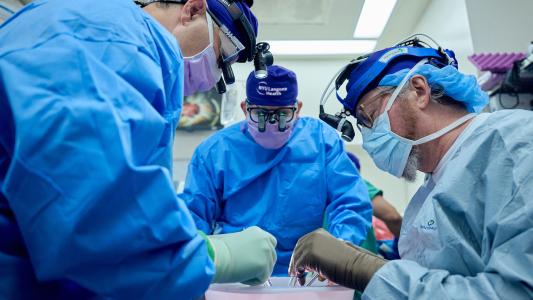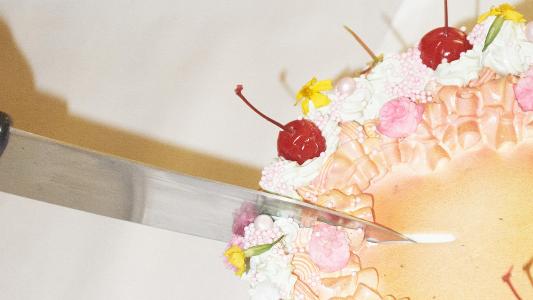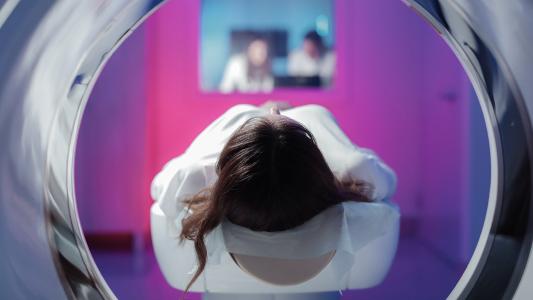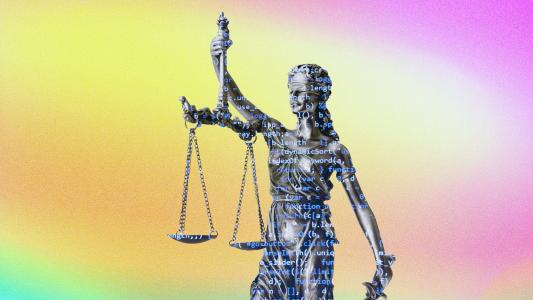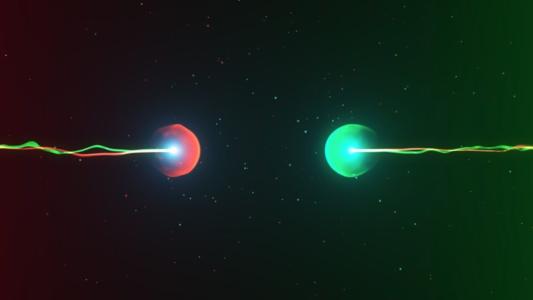T-Minus Weekly: NASA’s first asteroid sample, Stoke’s big hop, and more
Freethink's weekly countdown of the biggest developments in space, featuring NASA's first asteroid sample, a Curiosity milestone, and more.
Gene-edited pig heart gives a dying man a second chance at life (Updated)
For the second time ever, a gene-edited pig heart has been transplanted into a person with terminal heart disease.
You can now talk to ChatGPT and show it pictures
OpenAI is rolling out new features that let subscribers talk to ChatGPT and show it pictures, enabling more intuitive interactions.
Why astronomers are excited about carbon dioxide and methane in the atmosphere of an alien world
Scientists reported chemical traces in the atmosphere of planet K2-18b, including a substance which on Earth is only produced by living things.
AIs accurately predicted path of Hurricane Lee a week out
AI-based weather forecasting models developed by Google, Nvidia, and Huawei accurately predicted where Hurricane Lee would make landfall.
An implantable device could enable injection-free control of diabetes
MIT engineers designed an implantable device that carries islet cells along with its own on-board oxygen factory to keep the cells healthy.
This startup turns your loved ones’ ashes into lab-grown memorial diamonds
In partnership with Million Stories
Eterneva grows diamonds in the lab and sells them as memorials to people whose loved ones have passed away.
NASA has retrieved its first asteroid sample
NASA has just retrieved its first asteroid sample, bringing nearly 9 ounces of the asteroid Bennu to Earth.
AI narrates 5,000 free audiobooks for Project Gutenberg
A new text-to-speech system developed by Microsoft and MIT was used to create nearly 5,000 audiobooks for Project Gutenberg.
Spending time in space can harm the human body − but scientists are working to mitigate these risks before we go to Mars
With NASA planning more missions to space in the future, scientists are studying how to mitigate health hazards that come with space flight.
Why Toyota is building a “kindergarten for robots”
Toyota is using a generative AI-based method to teach robots to peel veggies, prepare snacks, and perform other dexterous tasks.
New “inverse vaccines” could be key to curing autoimmune disorders
"Inverse vaccines" that teach the immune system to tolerate triggering molecules could be the key to curing autoimmune disorders.
Can you speed up your metabolism? And should you?
Our metabolism is the force inside our bodies that mysteriously decides whether to convert food into energy or weight.
California utility will try to store renewable energy in iron-flow batteries
A California utility company is testing whether iron-flow batteries could be the answer to the renewable energy storage problem.
Astronomers spot the first “bounce” in our Universe
Imprinted in the structure of the universe are "bouncing" signals from early on: where gravitating normal matter was pushed out by radiation.
Here’s what’s new in the latest COVID-19 boosters
The FDA has approved new COVID-19 boosters from Moderna and Pfizer-BioNTech. Here’s what you need to know about the shots.
Evidence suggests the world’s largest known asteroid impact structure is buried deep in southeast Australia
After years of asteroid impact research, experts think the world’s largest known impact structure is buried deep in the earth in Australia.
T-Minus Weekly: Victus Nox, a record-breaking ISS mission, and more
Freethink's weekly countdown of the biggest developments in space, featuring the launch of Victus Nox, a record-breaking mission, and more.
UT med students can now get a dual degree in AI
The University of Texas at San Antonio has launched what it says is the US’s first dual degree in medicine and AI.
New experiment brings us closer to unbreakable quantum encryption
Researchers at Linkӧping University have built a quantum random number generator to be easier to integrate into consumer electronics.
New low-carbon cement is stronger than the regular stuff
A low-carbon cement developed by two MIT grads has officially exceeded industry standards for strength, durability, and more.
Molecule reduces inflammation in Alzheimer’s models
A potential new Alzheimer’s drug represses the harmful inflammatory response of the brain’s immune cells, improving cognition in tests.
5 mistakes most startups make when raising capital
In partnership with Million Stories
Blindly approaching investors without having a strategy is a rookie mistake.
Self-driving cars can now tell passengers what they’re thinking
AV startup Wayve has given its self-driving cars the ability to explain their decisions in conversational language.
Device offers long-distance, low-power underwater communication
Researchers create a device with piezoelectric transducers that enables battery-free underwater communication.
First-of-its-kind robot receptionist is like ChatGPT with a face
Engineers have combined the AI model powering ChatGPT with a humanoid bust to create a robot receptionist for the UK National Robotarium.
EV battery material breakthrough could cut charging times to 6 minutes
A new anode material could allow electric vehicle (EV) batteries to hold more energy and charge up faster.
Tooth decay: Mouthwash turns your teeth blue when it’s time to go to the dentist
A mouthwash solution containing ferumoxytol and a dye could treat, prevent, and diagnose tooth decay, according to UPenn researchers.
Scientists grow “human-ish” organs in pigs for the first time
Partially human kidneys have been grown in pig embryos, marking the first example of anyone growing solid human organs in another species.
Reflecting sunlight to cool the planet will cause other global changes
MIT researchers find that extratropical storm tracks would change significantly with solar geoengineering efforts.
Batteries made from recycled metal coming to US
Four companies are teaming up to make more eco-friendly lithium-ion batteries by injecting recycled metal into the supply chain.
Brain implant lets cancer patients try 20 different drugs at a time
A microdevice that injects up to 20 drugs into gliomas at once could help doctors quickly identify the best treatment for cancer patients.
An enormous study links intelligence and personality in surprising ways
A database containing over 1,300 studies from across the world establishes reliable relationships between personality traits and cognitive abilities.
New MIT tech could help the world’s biggest polluters clean up their emissions
MIT is developing a process that could help speed up the adoption of carbon capture technology by making it less energy-intensive.
A magnetic therapy for depression gains precision
Approved over a decade ago, transcranial magnetic stimulation (TMS) could be effective if the treatment was tailored to individual brains.
T-Minus Weekly: The end of O2 on Mars and the week’s other big space stories
Freethink's weekly countdown of the biggest developments in space, featuring the launch of XRISM, the end of MOXIE, and more.
This startup’s tech turns CO2 into seashell dust
UCLA spinout Equatic has developed a carbon removal technology that pulls CO2 from ocean water, generating hydrogen in the process.
The underappreciated benefits of wild bees
The plight of wild bees has largely been overshadowed by concern about threats to domestic bees. Many people don't even know the difference.
Drug for MS may be able to treat Alzheimer’s, too
A drug approved to treat multiple sclerosis reduced neuroinflammation and improved memory in mouse models of Alzheimer’s.
Online trade schools are revolutionizing how tech workers finance their education
In partnership with Million Stories
Tech workers are in high demand, with reports suggesting there could be a global shortage of more than 85 million tech workers by 2030.
20% of Americans have anxiety. NYU expert’s “consciousness theory” explains why.
Sensations of anxiety evolved to protect us. This system goes awry when you perceive immediate danger that isn’t really there.
NASA finishes the first experiment to make oxygen on Mars
NASA has officially wrapped up the Mars Oxygen ISRU Experiment (MOXIE), which was the first tech to generate oxygen on Mars.
This “living material” self-destructs and cleans up polluted water
A 3D-printed “living material” packed with genetically engineered bacteria could be an eco-friendly way to clean up polluted water.
Scientists discover a new kind of brain cell
A newly discovered brain cell that appears to be a hybrid of the two other primary types could shake up the world of neuroscience.
Can’t afford a gym membership? Add these 3 things to your workout routine
With gym memberships and fitness classes are becoming increasingly unaffordable, you can make just as much progress at home.
Popular weight-loss drugs show promise as addiction treatments
New trials will test the ability of GLP-1 agonists, a popular class of weight-loss drugs, to help people beat addictions to drugs and alcohol.
Australian ant honey inhibits tough pathogens, new research shows
Honeypot ant honey may help develop our arsenal of effective antibacterial and antifungal treatments, which are increasingly vital.
At least 5 people have been cured of HIV. Is the AIDS pandemic ending?
A handful of people have already been functionally cured of HIV — and new, universal cures are just on the horizon.
MIT students develop energy “mini-grid” software for remote & mountainous areas
MIT Energy Initiative spinoff Waya Energy helps countries work toward universal, cheap access to electricity.
New treatment slashes obesity in mice eating fatty, sugary diet
A new obesity treatment developed at UMass triggered weight loss in mice even as they continued to eat a diet high in fat and sugar.
The physics of why the first clock in America failed
When the first Dutch-built pendulum clock was brought to the Americas, it failed to keep accurate time on the continents of the new world.
Transplants of lab-grown brain cells reduce Parkinson’s symptoms
Transplants of lab-grown dopamine neurons reduced the amount of time people experienced Parkinson’s symptoms in a small trial.
Artificial kidney aces test in pigs
An artificial kidney prototype just aced a pig trial, bringing it closer to human trials — and a step closer to ending the need for dialysis.
Study discovers how one sleep stage reactivates memories
New research suggests that during NREM sleep, our brain is more likely to store positive memories.
This prefabricated construction company aims to make buying a home as simple as buying a car
In partnership with Million Stories
Cover is a Los Angeles-based prefabricated home company that builds housing components in an off-site facility and then assembles them at the house site.
SpinLaunch will hurl payloads into orbit, cutting the cost of launch by 20x
Rockets are big because they require enormous amounts of fuel. SpinLaunch’s method does away with much of that by hurling payloads into space.
NASA is spending $850,000 to make a bag for space trash
TransAstra has secured a $850,000 NASA contract to build an inflatable bag for capturing space trash, which could then be recycled in orbit.
An ancient technique can improve your attention span
According to neuroscientist Amishi Jha, 12 minutes of mindfulness training a day strengthens your attentional systems.
Potential heart attack treatment discovered in human placentas
Placental cells known to home in on and repair damaged heart cells in mice have been discovered in humans, too.
To stave off Alzheimer’s, protect your brain’s mitochondria
Mitochondria are crucial for memory preservation and are emerging as key players in the fight against Alzheimer's.
The US military just got its hands on a mini laser weapon
Laser weapons could shape the future of warfare — and the US military just got a “mini” version of the tech.
“Ghostly” neutrinos help us see our Milky Way as never before
A unique photograph of the Milky Way galaxy was captured using the IceCube detector, which observes high-energy neutrinos from space.
New battery charged by tears will power smart contact lenses
An ultra-thin, flexible battery could lead to safe, comfortable smart contact lenses partially powered by our tears.
2023 report on Great Barrier Reef: “The story is more complicated than the headlines.”
Yes, the Great Barrier Reef has rebounded beyond our expectations. But now the heat is back on and it's time to act.
Meta’s first-of-its-kind AI can translate between any of 100 languages
Meta’s SeamlessM4T AI puts it a step closer to creating a universal translator that eliminates the language barrier for good.
Is this plant the protein food of the future?
Over the past 50 years or so, lupins have become more common as food for farm animals, and are also increasingly eaten by humans
Autonomous trucks may soon take over the most undesirable job in long-hauling
In partnership with Million Stories
Embark is one of a handful of companies aiming to automate the long-haul trucking industry, which has logged severe labor shortages in recent years.
World-first experiment shows genetically engineered bacteria detecting cancer
Genetically engineered bacteria could be used to detect a range of different diseases, particularly infections and cancers.
Weight-loss drug improves heart failure symptoms, too
Novo Nordisk’s popular weight-loss drug semaglutide (Wegovy) improved heart failure symptoms in a trial of more than 500 people.
Arrays of quantum rods could enhance TVs or virtual reality devices
MIT engineers have used DNA origami scaffolds to create structured arrays of quantum rods, which could be incorporated into LEDs.
Paralyzed woman able to speak again, thanks to brain-avatar interface
Speech BCIs that use brain implants and algorithms to translate brain signals into text are changing the lives of people with paralysis.
Is quantum computing hype or almost here?
The potential of quantum computing is vast, but it remains uncertain when or if we will be able to harness its full capabilities.
Ultra slippery toilet bowl stays clean forever
A new slippery toilet bowl developed in China could help conserve water and keep commodes effortlessly clean.
Scientists bioengineer plants to have an animal-like immune system
Scientists have bioengineered a hybrid molecule by fusing components from an animal's and a plant's adaptive immune system.
New obesity treatments could reshape the world
New obesity treatments, including GLP-1 agonists and gene therapies, could make it easier for people to lose weight and keep it off.
“5 stages of grief” is a myth — and knowing that helps us better cope with loss
The “monomyth” model of grieving offers closure and recovery, but in most traditional cultures the dead never leave the living.
NASA’s next-gen X-ray observatory is ready for launch (Updated)
XRISM is a next-gen X-ray observatory expected to revolutionize our understanding of the universe’s more energetic objects.
Simple superconducting device could dramatically cut energy use in computing
Scientists have created a simple superconducting device that could transfer current through electronic devices much more efficiently.
New moon map reveals structures hidden beneath the lunar surface
A new moon map that reveals structures hidden deep beneath the lunar surface also helps unravel the mystery of the moon’s past.
NASA partner unveils the “iPhone” of robots
Texas-based robotics company Apptronik has unveiled Apollo, a humanoid robot that could revolutionize the workforce.
Life’s stages are changing – we need new terms and new ideas to describe them
The arc of adult development has changed over the past several decades, in ways that our psychological theories are still catching up with.
One-shot gene therapy for liver disorder works in a small trial
A new gene therapy for the rare liver disorder Crigler-Najjar syndrome was highly effective in a small trial.
“Blended-wing” aircraft design promises 50% cut in fuel
Blended-wing-body aircraft aren't new, but the sector might soon start taking off for the first time.
India makes history by landing on the lunar south pole
India is the first nation to soft land on the lunar south pole, an elusive region thought to harbor water ice.
Why aliens are likely to be AI
Fundamental biological limitations will make long-distance space travel all but impossible for organisms. AI is more suitable.
Welcome to the world’s first fully robotic restaurant
In partnership with Million Stories
Mezli chef Eric Minnich designed a menu for both diner’s delight and ease of robotic cooking.
A robot pilot is ready to fly a real plane — are you onboard?
PIBOT, a humanoid robot pilot developed in South Korea, is ready to take control of a real plane for the first time.
A Pink Floyd song was reconstructed from listeners’ brain waves
Training an AI to reconstruct a song from listeners’ brain activity revealed insights about the brain that could lead to better speech BCIs.
5 revolutionary cosmic ideas that turned out to be wrong
These ideas could have revolutionized our concept of the Universe, but since evidence paves the road to reality, we've had to abandon them.
Breakthrough creates stem cells without any “memories”
A new method for creating induced pluripotent stem (iPS) cells includes a memory reset that puts the cells in a more embryonic-like state.
“Light sculpting” chip can rapidly test for thousands of diseases
Stanford researchers have developed a new type of molecular test that works without a cumbersome amplification step.
Scientists discover a gel that whitens teeth and kills 94% of bacteria
Scientists have found that light-activated oxidizing nanoparticles can whiten teeth without causing damage.
A pig kidney is still working in a person after 32 days
A gene-edited pig kidney has been functioning in a person for a record-breaking 32 days and still shows no signs of failure.
Can you manipulate your brain to stop your food cravings?
Research suggests it may be possible to "switch off" the pleasure we experience from eating certain foods, which could curb cravings.
Brain scans reveal the mystery of “hidden consciousness”
Newly identified patterns of injury linked to “hidden consciousness” could lead to better outcomes for people in comas or vegetative states.
Hackers get AI to share credit card info and endorse hate speech
At DEFCON 2023, ethical hackers targeted generative AIs by OpenAI, Google, and other tech leaders to aid responsible AI development.
New physics? Ultra-precise measurement in particle physics confounds scientists
For electrons, the predictions of the Standard Model agree with measurements. But this isn't the case for the muon, the electron's cousin.
Extreme treatment for alcoholism slashes drinking by 90% in monkeys
An in-development treatment for alcoholism dramatically reduced consumption in monkeys that previously drank heavily.
